Kalvin Phillips: “I Made a Big Mistake Signing for Man City — It Ruined My Career”
When Kalvin Phillips left Leeds United in the summer of 2022, he was hailed as one of the most promising English midfielders of his generation. A homegrown talent who had risen from the Championship to shine in the Premier League and for England at Euro 2020, Phillips was courted by some of the biggest clubs in Europe.
Ultimately, he chose Manchester City. It looked like the perfect move at the time: working under Pep Guardiola, learning from the best, and competing for the game’s biggest trophies.
But now, in 2025, Phillips has admitted publicly what many suspected privately:
> “I made a big mistake signing for Manchester City. It killed my career.”
—
The Leeds Legacy
At Leeds, Phillips was more than just a player—he was the heartbeat of the team. Marcelo Bielsa transformed him from a box-to-box midfielder into a deep-lying playmaker, nicknamed the “Yorkshire Pirlo.” His passing range, defensive work rate, and leadership qualities made him indispensable.
When Leeds returned to the Premier League, Phillips became their anchor, catching the attention of England manager Gareth Southgate. By Euro 2020, he was starting alongside Declan Rice, helping England reach the final. Bigger clubs circled, and it was inevitable that Leeds could not hold onto him forever.
—
Why He Chose City
Phillips’ move to City was seen as a natural progression. The £45 million deal was framed as a win-win: City got depth for their midfield as Fernandinho departed, and Phillips got the platform to grow at the highest level.
> “When Pep calls, it’s hard to say no,” Phillips admitted in a recent interview. “You think you’ll improve, you’ll get chances, and you’ll win everything.”
And win everything he did—Premier League titles, FA Cups, the Champions League. But the medals felt hollow. He was on the periphery, watching more than contributing.
—
Life on the Bench
From day one, it was clear Phillips was not central to Guardiola’s plans. Injuries hampered his first season, but even when fit, he struggled to get minutes. Rodri was untouchable, İlkay Gündoğan was trusted, and Kevin De Bruyne, Bernardo Silva, and others ensured the midfield pecking order was stacked against him.
Across two and a half seasons, Phillips managed fewer than 20 league appearances, most as a late substitute. Guardiola publicly admitted he wasn’t “at the level required for City’s system.”
For a player once central to his team’s identity, it was devastating.
—
The England Fallout
The biggest consequence wasn’t just at club level but internationally. Southgate, who had trusted Phillips during England’s Euro 2020 run, gradually phased him out. Without regular football, Phillips couldn’t maintain sharpness or fitness. By Euro 2024, he was no longer in contention.
> “Missing out on England was the hardest part. I felt like I’d let myself down by choosing comfort and medals over minutes and growth.”
—
The Weight of Regret
Phillips is brutally honest about how the move derailed him:
> “At Leeds, I was important. I mattered every week. At City, I was just a name on the squad list. That eats away at you. You train all week, and Saturday comes, and you’re on the bench again. Then Tuesday, the same. After a while, you stop believing you’ll ever play again.”
The pressure of competing for places wasn’t the problem—it was the lack of opportunity to even compete. Guardiola trusted Rodri to such an extent that Phillips was essentially redundant.
—
What He Could Have Done Instead
Looking back, Phillips admits there were other paths he could have taken. Clubs like Liverpool, Aston Villa, and even Manchester United were interested in 2022. At those clubs, he would likely have been a starter.
> “I should have gone somewhere I’d play every week. Winning trophies is amazing, but not when you don’t feel part of it. At least at Leeds, or if I’d gone to another club, I’d have grown as a player.”
It’s a sobering reminder of how critical career choices can be in football.
—
The Pep Guardiola Factor
Phillips speaks respectfully about Guardiola but doesn’t hide the fact that their relationship never worked:
> “Pep is a genius, but he didn’t see me as part of his picture. That’s fair—it happens in football. But when you’re a player, you hope you can change that by working hard. At City, no matter what I did, Rodri was always going to play. That’s the reality.”
Some players thrive under Guardiola. For others, the demands and tactical rigidity leave them stranded. Phillips fell into the latter category.
—
Loans and False Dawns
In January 2024, Phillips went on loan to West Ham, hoping to revive his career. He played more regularly but still struggled to find his old rhythm. Critics said the City move had drained his confidence and sharpness.
By the time he returned, it was clear his City career was effectively over. Now 29, he finds himself at a crossroads, admitting he may never recapture the player he was at Leeds.
—
Lessons Learned
Phillips’ story is a cautionary tale for other players tempted by big-money moves to superclubs.
Regular minutes matter more than medals.
Tactical fit is everything.
Once you lose momentum, it’s hard to get it back.
> “I don’t regret trying, but I regret staying too long. I should have left earlier. That was my biggest mistake—thinking it would change when it never did.”
—
The Bigger Picture: City’s Shadow
Phillips isn’t the first player to see his career stall at City. Others, like Jack Rodwell, Scott Sinclair, and even more recently Cole Palmer (before his move to Chelsea), found themselves marginalized. The depth and quality at the Etihad means even talented players can become invisible.
For City, it’s a by-product of success. For players, it can be career-ending.
—
What’s Next for Phillips?
Now out of favor and seeking a fresh start, Phillips has admitted he is open to a move abroad. Serie A, the Bundesliga, or even MLS could offer him a new lease of life.
> “I just want to enjoy football again. To feel important, to feel like I matter. That’s all any player wants.”
At 29, time is running out, but Phillips still believes he has more to give.
—
Conclusion
Kalvin Phillips’ move to Manchester City was supposed to be the pinnacle of his career. Instead, it became the turning point that nearly ended it.
By his own admission, it was a mistake—one that robbed him of playing time, international recognition, and the joy of football. While he leaves with medals in his cabinet, the real prize—personal fulfillment and growth—remains elusive.
Phillips’ story is both a warning and a reminder: in football, the brightest lights can sometimes cast the darkest shadows.
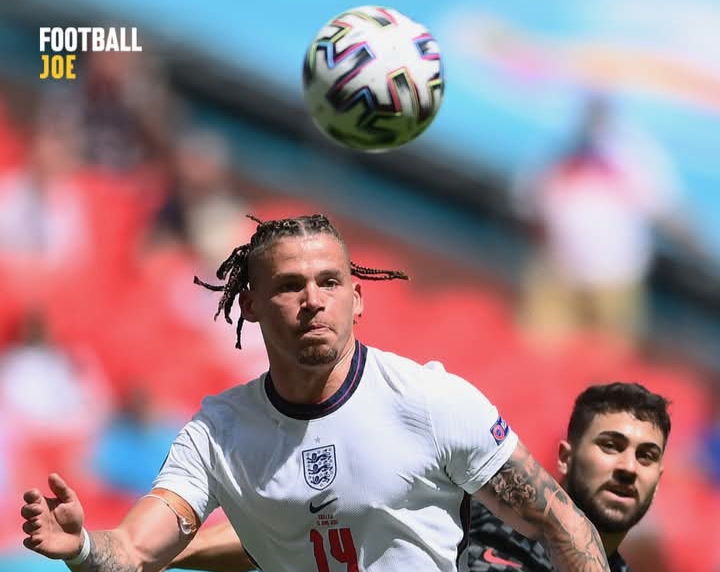
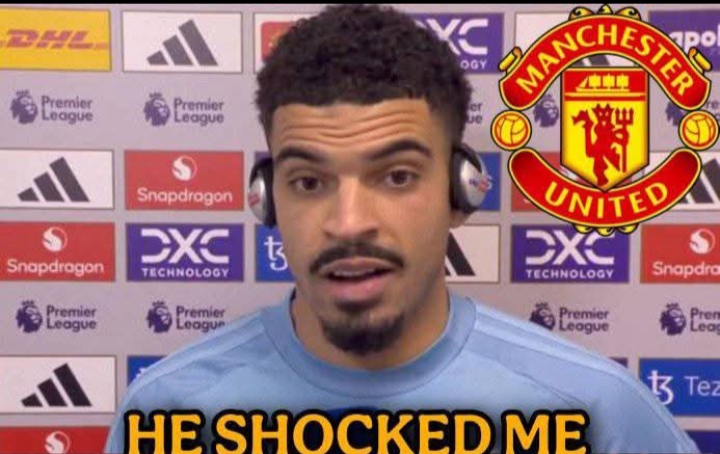
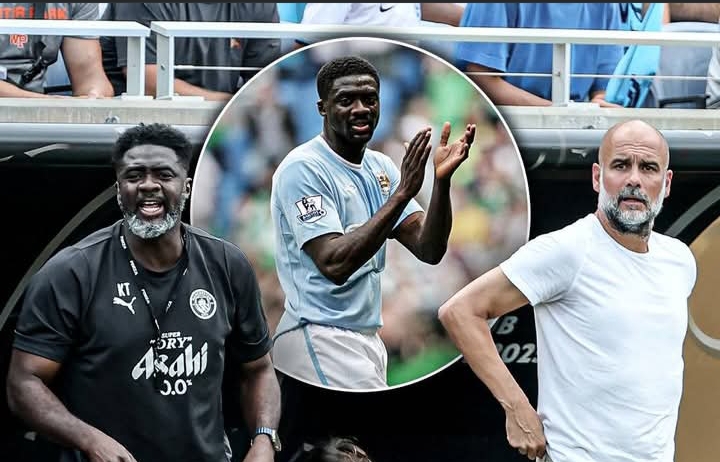
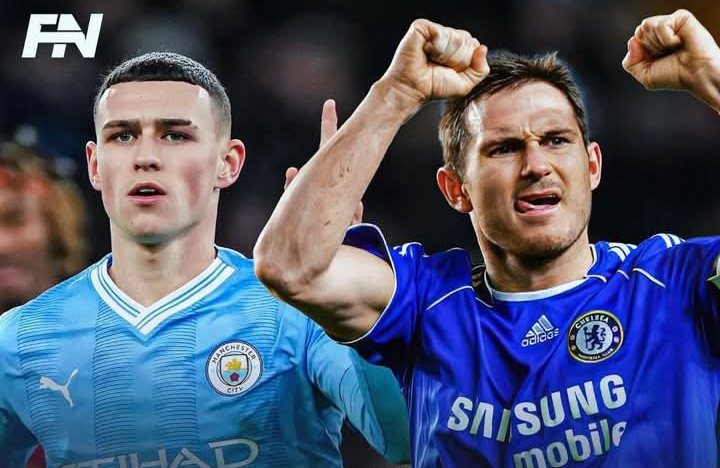

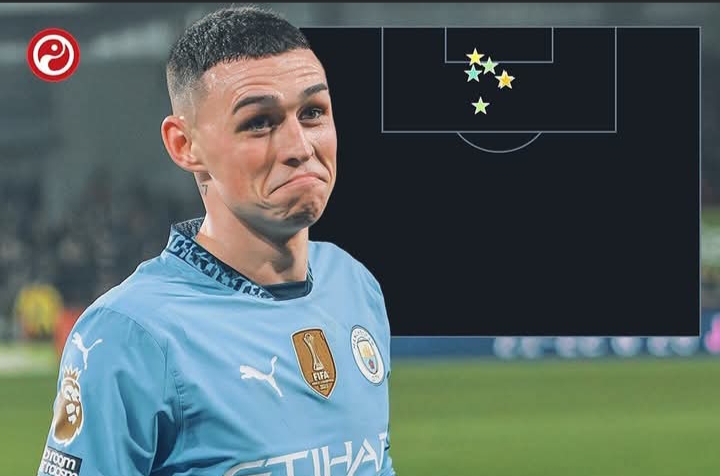
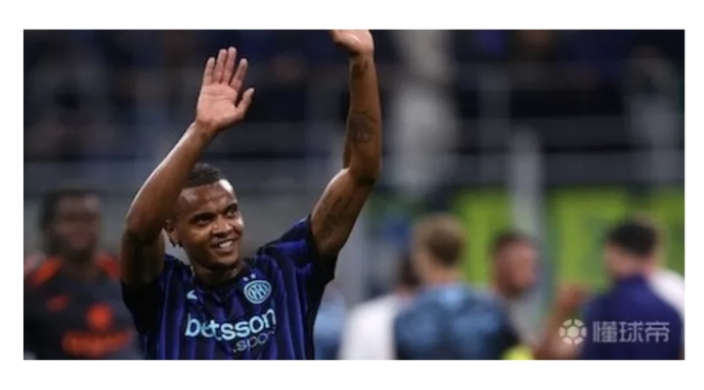
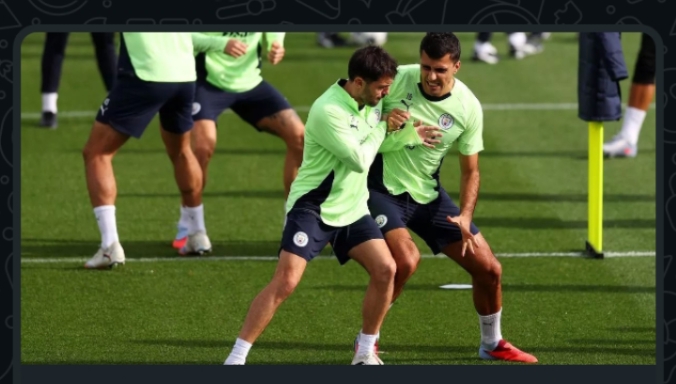
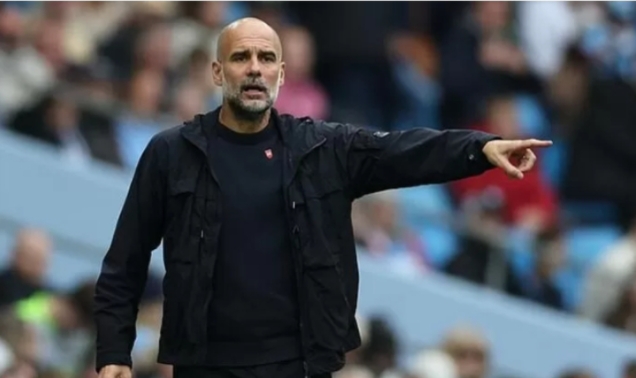
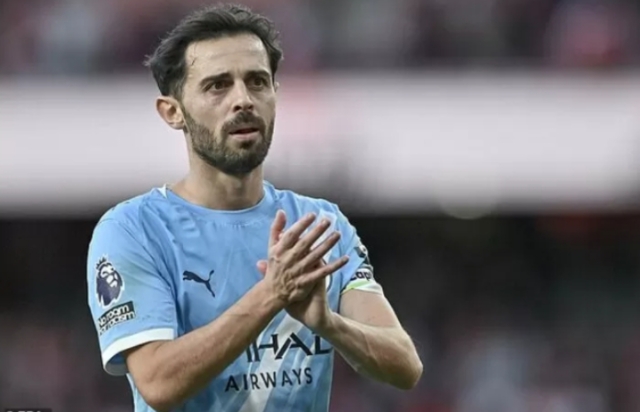
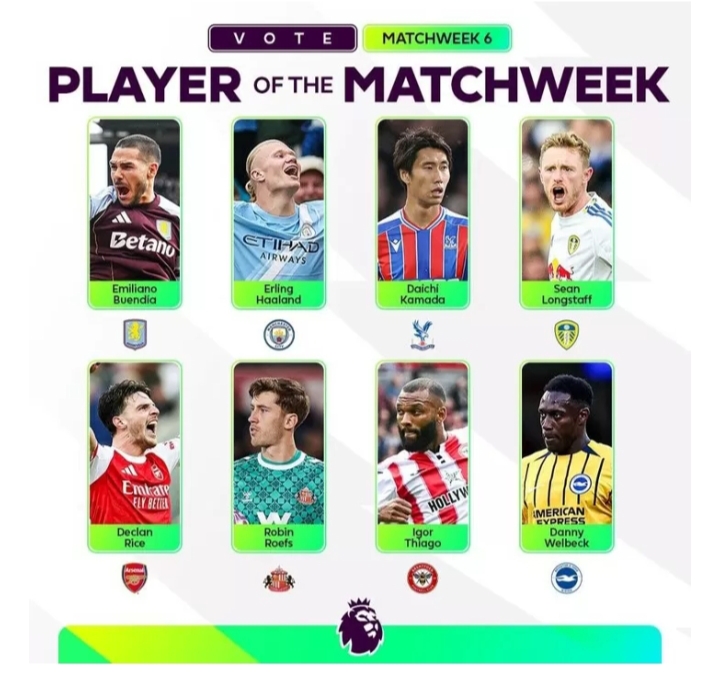




Leave a Reply